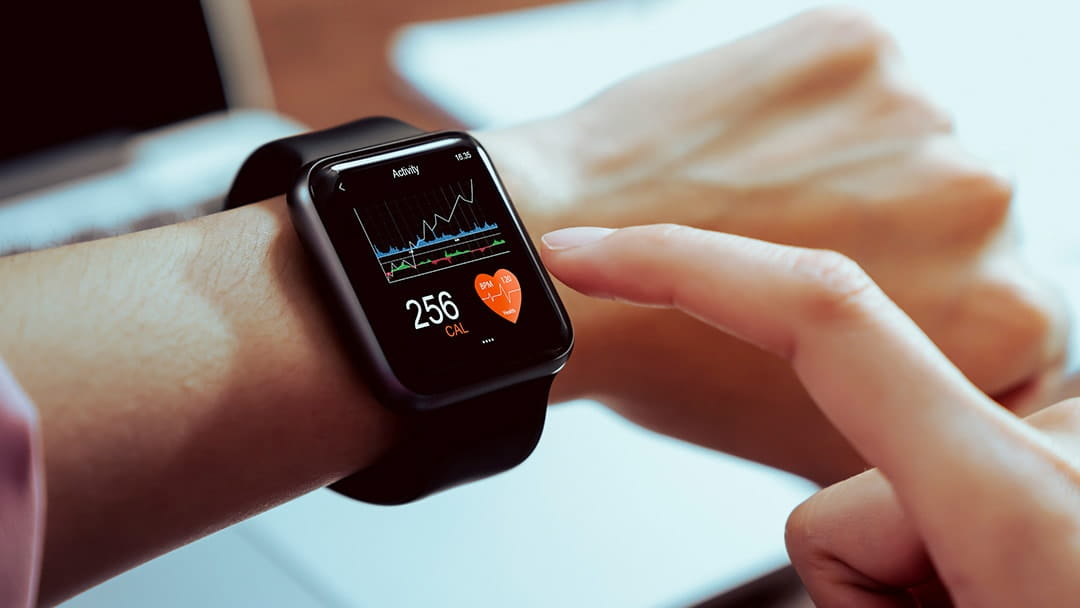The latest generation of AI-powered smartwatches is no longer just counting your steps or checking your heart rate. These intelligent devices are now equipped with advanced health tracking capabilities that can detect early signs of heart disease, sleep apnea, and even chronic stress—often before any symptoms are felt by the user.
The Rise of AI in Wearable Health Tech
Traditional wearables used basic algorithms to calculate fitness metrics. Today’s smartwatches go far beyond that, thanks to on-device artificial intelligence and cloud-based learning models. These systems can now interpret biometric data in real time and detect anomalies that may indicate serious health risks.
Key features in top-tier models include:
- ECG monitoring: Tracks heart rhythm for signs of atrial fibrillation (AFib)
- Blood oxygen sensors: Detects oxygen saturation and potential signs of sleep apnea
- Skin temperature tracking: Used to spot signs of illness or infection
- Stress & HRV analysis: AI models analyze heart rate variability for stress and fatigue management
Brands like Apple, Samsung, Fitbit, and Withings are leading this shift by combining health-grade sensors with real-time AI analytics.
Life-Saving Case Study: Heart Problem Caught in Time
In January 2025, a 52-year-old user in Germany received an alert from her Apple Watch Series 9 warning of irregular heart rhythms. She had felt no symptoms but visited a cardiologist as advised. Tests revealed she had paroxysmal AFib—a condition that could lead to stroke if untreated.
“I never imagined a watch would catch what my body didn’t,” she told local news outlets. “It likely saved my life.”
Stories like this are becoming increasingly common as wearable devices become trusted companions for early health detection.
Sleep Apnea Detection: A New Frontier
AI-powered wearables are also revolutionizing sleep health. Devices like the Withings ScanWatch and Fitbit Sense 2 use blood oxygen levels, heart rate changes, and motion tracking to detect potential signs of sleep apnea—a condition that affects millions but often goes undiagnosed.
According to a 2024 report by the Sleep Foundation, over 30% of users who received smartwatch apnea alerts followed up with formal sleep studies, with 75% of them being diagnosed with sleep-related breathing disorders.
AI-Powered Stress Monitoring
Another emerging capability is AI-based stress detection. By analyzing heart rate variability, skin conductance, and daily patterns, smartwatches can now notify users of elevated stress levels and suggest breathing exercises or breaks.
Google’s Pixel Watch 2, for example, uses a machine learning model that adjusts stress thresholds based on a user’s historical data and context (like time of day or physical activity). Early research suggests this proactive alerting helps reduce workplace burnout and improve sleep quality.
Integration with Telehealth and Medical Records
Leading platforms now offer seamless integration with telehealth providers. Apple’s HealthKit and Google Health Connect allow data to be securely shared with physicians, enabling:
- Remote monitoring of chronic conditions
- Real-time access to ECG and vitals for emergency care
- AI-generated reports to assist in diagnosis
Healthcare providers are increasingly incorporating wearable data into treatment plans, particularly for patients with heart disease, diabetes, or respiratory conditions.
Privacy and Ethical Considerations
With health data comes the responsibility of protecting it. While tech giants claim end-to-end encryption, concerns remain over how AI models process user data. Experts recommend the following best practices:
- Always opt-in to health data sharing and review permissions
- Use passcodes or biometrics to protect wearable devices
- Regularly review your health data access history in the app
Countries like Germany, Canada, and the UK have issued new guidance to ensure wearable health tech remains compliant with data protection laws like GDPR and HIPAA.
What’s Next for AI Smartwatches?
Future upgrades are expected to include non-invasive blood glucose tracking for diabetics, hydration level detection, and continuous blood pressure monitoring—all backed by AI analysis. Research is underway at institutions like MIT and Stanford to expand wearable diagnostics for mental health, nutrition, and early cancer detection.
Meanwhile, AI developers are working on making health insights more personalized. Instead of generalized alerts, your smartwatch could soon understand your unique physiology and lifestyle, delivering context-aware recommendations tailored just for you.
